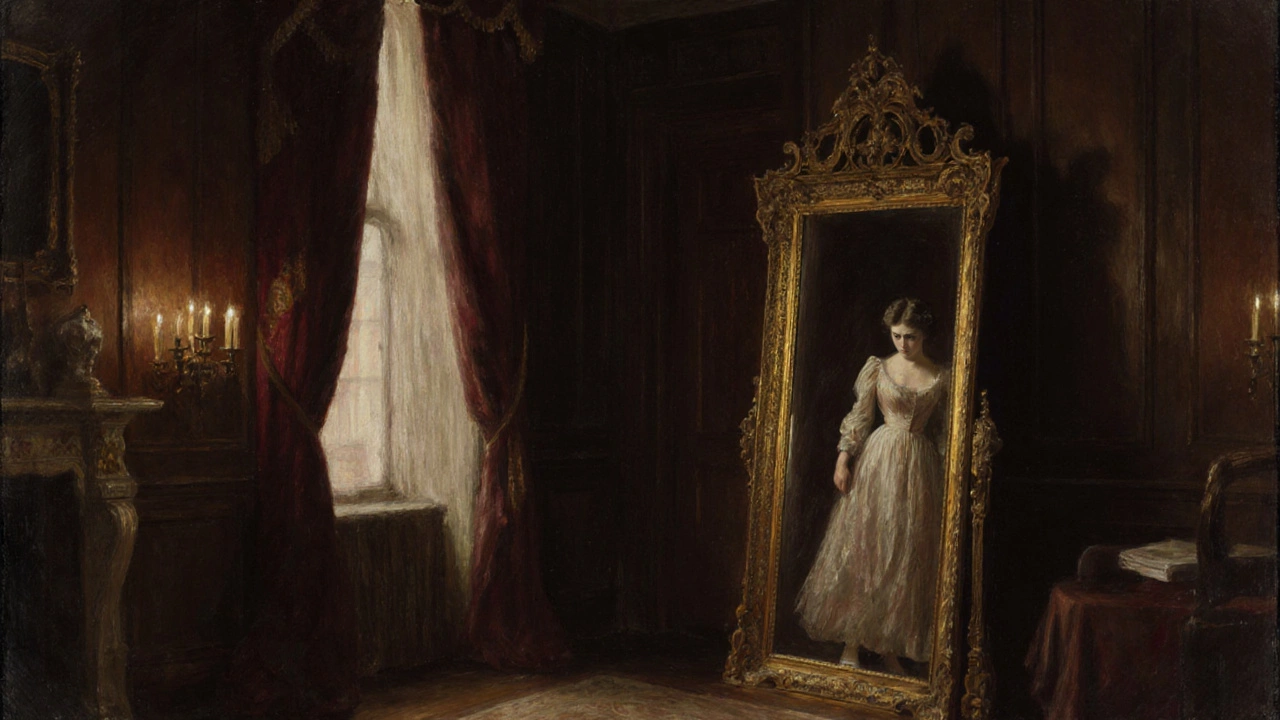Eisoptrophobia: What It Is and How to Manage the Fear of Mirrors
If you get nervous, sweaty, or want to run away when you see a mirror, you might be dealing with eisosptrophobia – the medical name for a mirror fear. It’s not just a weird quirk; it’s a real anxiety that can mess with daily life. People with this fear might avoid bathrooms, dressing rooms, or any place where a reflection could pop up. The good news? There are clear steps you can take to calm down and start feeling okay around glass.
Symptoms and Triggers
Typical signs include a fast heartbeat, shaky hands, or a sudden urge to leave the room when a mirror is in sight. Some folks even feel a sense of dread or think the mirror will trap their soul. Triggers can be anything from a full-length mirror in a store to a quick glance at a car’s side window. The fear often starts in teen years but can show up later, especially after a scary movie or a personal trauma involving mirrors.
Coping Strategies
First off, try grounding techniques. When a mirror catches your eye, take three deep breaths, feel your feet on the floor, and name five things you see around you. This simple trick pulls your focus away from the fear and back to the present.
Second, exposure works well for many anxieties. Start small: look at a tiny mirror on a phone for a second, then slowly increase the time and size. Pair the exposure with something pleasant, like listening to your favorite song, to create a positive link.
Therapy can also help. Cognitive‑behavioral therapy (CBT) teaches you to challenge the scary thoughts that pop up when you see a reflection. A therapist might also suggest systematic desensitization, which mixes relaxation with gradual exposure.
Don’t forget self‑care basics. Regular exercise, good sleep, and limiting caffeine keep your overall anxiety level lower, making it easier to face mirrors. If you ever feel overwhelmed, a short walk or a quick chat with a friend can break the cycle.
Finally, remember you’re not alone. Online forums and support groups let you share experiences and tips with others who get it. Hearing that someone else managed to use a mirror without panic can be a real confidence booster.
Living with eisoptrophobia doesn’t have to mean avoiding mirrors forever. By recognizing your triggers, using grounding tricks, and slowly exposing yourself to reflections, you can reduce the fear step by step. Start today with a tiny mirror, breathe, and notice how you feel. Little wins add up, and before long, mirrors will just be another part of everyday life.
Explore why people dread their reflection. From ancient myths to brain chemistry, learn what drives mirror phobia and how to face it.
Sep, 26 2025
